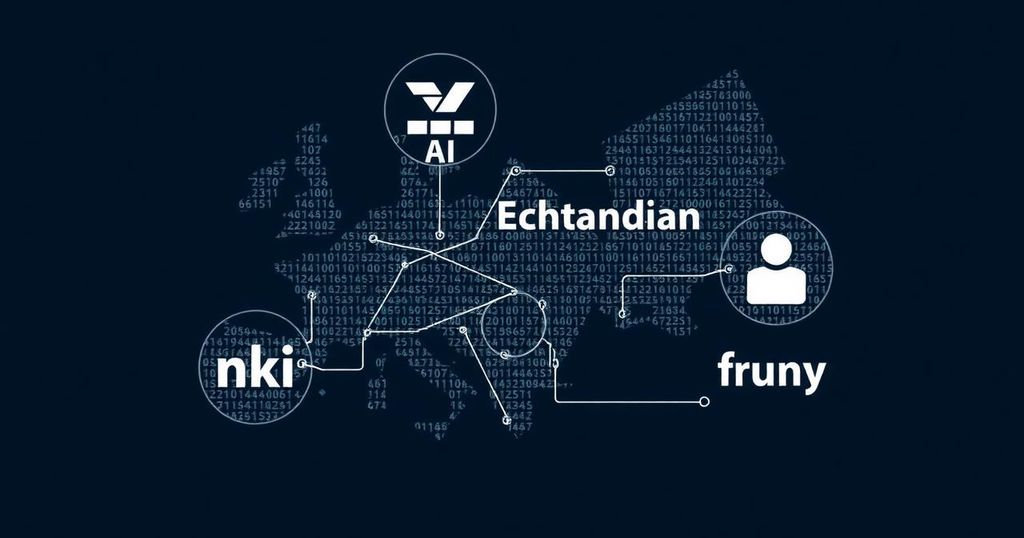Summary
Recent developments have highlighted concerns among major technological firms regarding the European Union’s (EU) regulatory framework on artificial intelligence (AI) and data privacy. Tech giants such as Meta, Google, and Spotify, alongside various researchers and industry groups, have articulated their apprehensions through an open letter. They assert that the EU’s fragmented approach to data protection laws, particularly the General Data Protection Regulation (GDPR), could hinder the continent’s competitive edge in the realm of AI development. This open letter underscores the challenges posed by disparate interpretations of GDPR across member states, rendering it increasingly difficult for technology companies to utilize data from EU citizens for AI training purposes. The signatories contend that the inconsistent regulatory environment may lead to Europe lagging behind other regions in AI innovation and progress. Although the GDPR was originally established to safeguard personal information, its evolving provisions and vague language have contributed to regulatory ambiguities that hinder technological advancement. Companies like Meta have already responded to these strict data regulations by pausing their plans to leverage European citizen data and delaying significant product launches. Google has similarly postponed releases of certain tools due to regulatory constraints, capturing a broader industry-wide dilemma faced by firms operating in the EU. The signatories express a desire for “harmonized, consistent, quick and clear decisions” from regulators to facilitate a more conducive environment for AI development. Critics, including journalist Cory Doctorow, argue that stringent regulations are essential in preventing companies from exploiting users and degrading product quality. Historically, tech giants have operated with limited oversight, at times creating monopolistic situations, but increasing regulatory scrutiny is now challenging their unfettered operations. The calls from these corporations to ease regulatory obligations under the guise of maintaining a competitive edge in AI have raised significant skepticism. In response, an EU representative reiterated the stance that all companies operating within the EU must adhere to the established regulations, emphasizing the bloc’s commitment to protecting user privacy. Moreover, the EU’s previously implemented measures, which have penalized firms like Meta with substantial fines for non-compliance, serve to reinforce this commitment. While this is not the first instance of tech companies cautioning the EU about potential setbacks, the legislative focus remains firmly on safeguarding the interests of the citizens. Looking forward, the EU has initiated measures such as the AI Act, which aims to construct a standardized regulatory framework for AI, addressing both the associated risks and promoting sustainable advancements in technology. The ongoing discourse poses pivotal questions regarding the balance between facilitating technological innovation and ensuring robust data privacy protections. In essence, the future of AI in Europe may well hinge on how effectively regulators can navigate these complex challenges, ensuring that progress does not come at the cost of individual rights and privacy.
Original Source: techreport.com

Leave a Reply